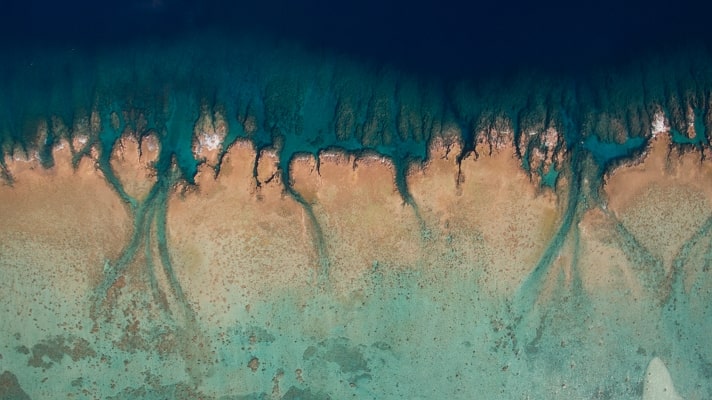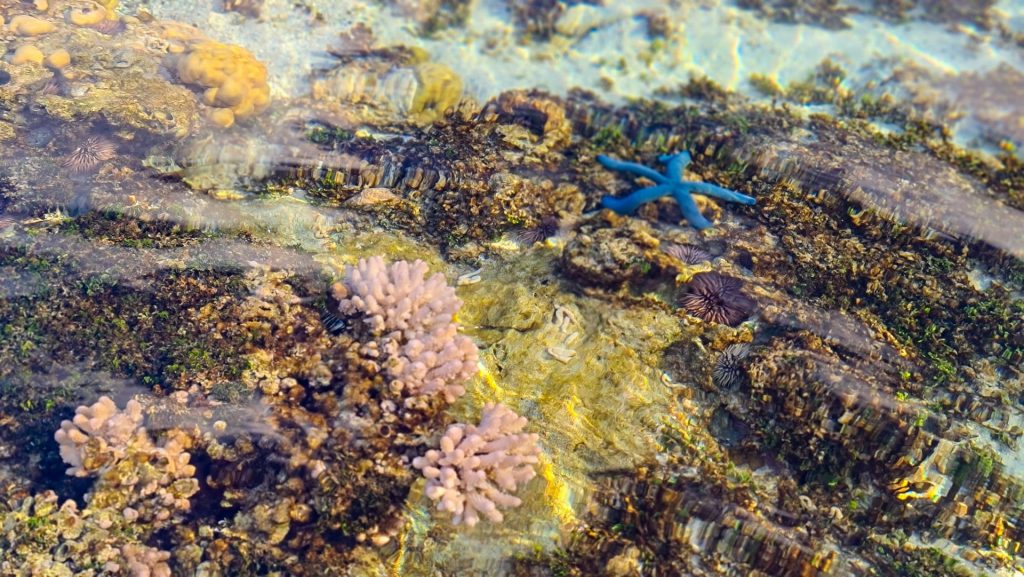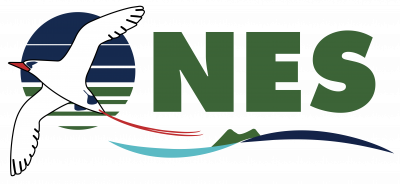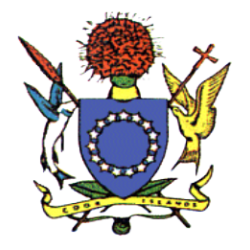Protection
The protection of natural resources is a responsibility of everyone – Government, organisations and members of the community. In this area NES focuses on Waste Management, CITES permits, research and the Pa Enua (outer islands)

WASTE MANAGEMENT
Waste is a major issue that we face in the Cook Islands and it needs to be managed effectively. NES is primarily responsible for developing policy, enforcing regulations against illegal rubbish dumping, monitoring and enforcing environmental standards in the Cook Islands.
The waste management functions for NES is primarily to prevent, control and correct the pollution of air, water, and land. NES is also to ensure environmentally safe disposal of toxic chemicals and wastes. These are key sections of the Environment Act 2003 that relate to waste management;
- Section 11 establishes an Island Environment Authority (IEA) for each island. It serves to formulate and publish guidelines on specific issues of environmental protection and improve the environmental quality and wastewater standards;
- Part 5 outlines requirements relating to Environmental Impact Assessments (EIAs);
- Section 36(13) requires an EIA permit for the designation of land for the disposal of any kind of waste that is likely to cause significant environmental impacts;
- Part 7 relates to the control of litter;
- Section 46 allows the Minister to designate or approve any land as an area to be used by the public for the disposal of waste;
- Section 47 allows Environment Officers to issue notices requiring occupiers of private land to clear litter;
- Section 51 makes pollution of Cook Islands waters and inland waters an offence;
- Section 56 makes an offence to dispose of any toxic chemical or its waste in a manner likely to harm the environment;
- Section 61 establishes an Environment Protection Fund to safeguard the environment from pollution;
- Section 70 allows the creation of regulations.

CITES
The Convention of International Trade in Endangered Species of Wild Fauna and Flora(CITES) is an international agreement between member countries to ensure the international trade of wild animals and plants does not threaten their survival.
CITES regulates and monitors the import and export of endangered species to ensure their long term survival in the wild is not threatened.
Although the Cook Islands is not a member, CITES permits is required to import specific items into other countries such as New Zealand, Australia and the USA who are members of this convention. As a non-member to this convention we are obligated to meet the requirements of member states.
NES’s role is to facilitate the exportation of CITES listed species between the Cook Islands and other countries.
RESEARCH
The study of the Cook Islands environment is an interdisciplinary field of research that will produce baseline data and identify the deteriorating state of the environment. The research of the Cook Islands natural systems and impacts from development is underpinned by information sciences.
A Research Hub is established under NES to develop a holistic environment research platform with key performance indicators and targets. The key components of the Research Hub include:
- A Monitoring and Evaluation Framework
- Key Performance Indicators to measure environment baseline data
- Signature surveys to measure environmental sustainability in the Cook Islands
- Capacity building for NES in research tools
- Digital dashboard for environmental sustainability
The Research Hub is currently in development and will be launched in October 2003. A Science and Technical Advisory Committee has been established under NES to provide advice for sound decision making that is science and evidence-based. It will also provide a platform for communication, networking and professional development opportunities for research and science.
PA ENUA (OUTER ISLANDS)
The National Environment Service recognizes the importance of conservation and protection within the Pa Enua. NES has officers on most islands in the Pa Enua and works closely with the Island Councils and the Aronga Mana (Traditional leaders) to implement environmental guidelines and practices for the benefit of all Cook Islanders.
These are key focus areas for NES in the Pa Enua
Biodiversity:
The various types of ecosystems are vital for those in the Pa Enua and are used in our daily lives, including traditional and customary practices.
In the Cook Islands, we have a vast number of endemic species in the Pa Enua particularly in the Southern Group islands. The island of Mitiaro is recorded as having the highest number of endemic plant species and is followed by the remaining islands in the Southern Groupx.
Raui:
The Raui system is a traditional method of conservation and protection, whether it be marine or terrestrial. A site is declared a Raui by the Aronga Mana in order for the area to replenish. These sites can vary from a ‘no take zone’ to recreational or seasonal.
This traditional method is successful in the Pa Enua. The declaration of the Mokoero Conservation Area in Atiu was inspired by the late Ada Rongomatane Ariki. There are traditional bans in place in Mangaia for the hunting of the Pacific fruit bat and in Mauke for the removal of female coconut crabs carrying eggs.
Waste Management:
Waste Management is an issue in the Pa Enua. The Environment Officers in the Pa Enua assists in this work through partnerships with the Island Governments. Education and Awareness plays a major role in the Pa Enua particularly on the 5 R’s of Waste Management: Refuse, Reduce, Reuse, Repurpose and Recycle.



